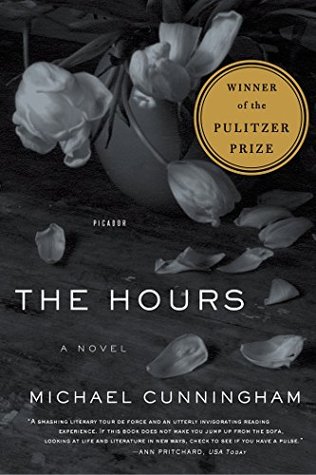More on this book
Community
Kindle Notes & Highlights
She knows that a poet like Richard would move sternly through the same morning, editing it, dismissing incidental ugliness along with incidental beauty, seeking the economic and historical truth behind these old brick town houses, the austere stone complications of the Episcopal church and the thin middle-aged man walking his Jack Russell terrier (they are suddenly ubiquitous along Fifth Avenue, these feisty, bowlegged little dogs), while she, Clarissa, simply enjoys without reason the houses, the church, the man, and the dog. It’s childish, she knows. It lacks edge. If she were to express it
...more
Still, this indiscriminate love feels entirely serious to her, as if everything in the world is part of a vast, inscrutable intention and everything in the world has its own secret name, a name that cannot be conveyed in language but is simply the sight and feel of the thing itself.
Richard argues that eternally youthful gay men do more harm to the cause than do men who seduce little boys, and yes, it’s true that Walter brings no shadow of adult irony or cynicism, nothing remotely profound, to his interest in fame and fashions, the latest restaurant. Yet it is just this greedy innocence Clarissa appreciates. Don’t we love children, in part, because they live outside the realm of cynicism and irony? Is it so terrible for a man to want more youth, more pleasure?
These days, Clarissa believes, you measure people first by their kindness and their capacity for devotion. You get tired, sometimes, of wit and intellect; everybody’s little display of genius.
She is full of a love so strong, so unambiguous, it resembles appetite.
Venture too far for love, she tells herself, and you renounce citizenship in the country you’ve made for yourself. You end up just sailing from port to port.


